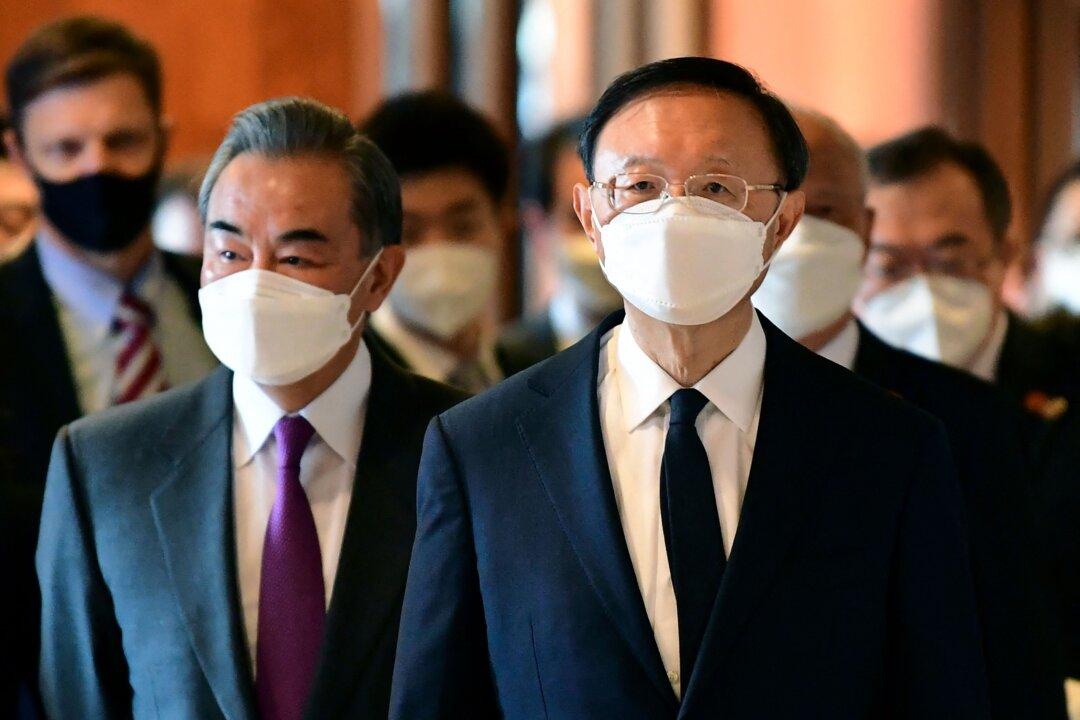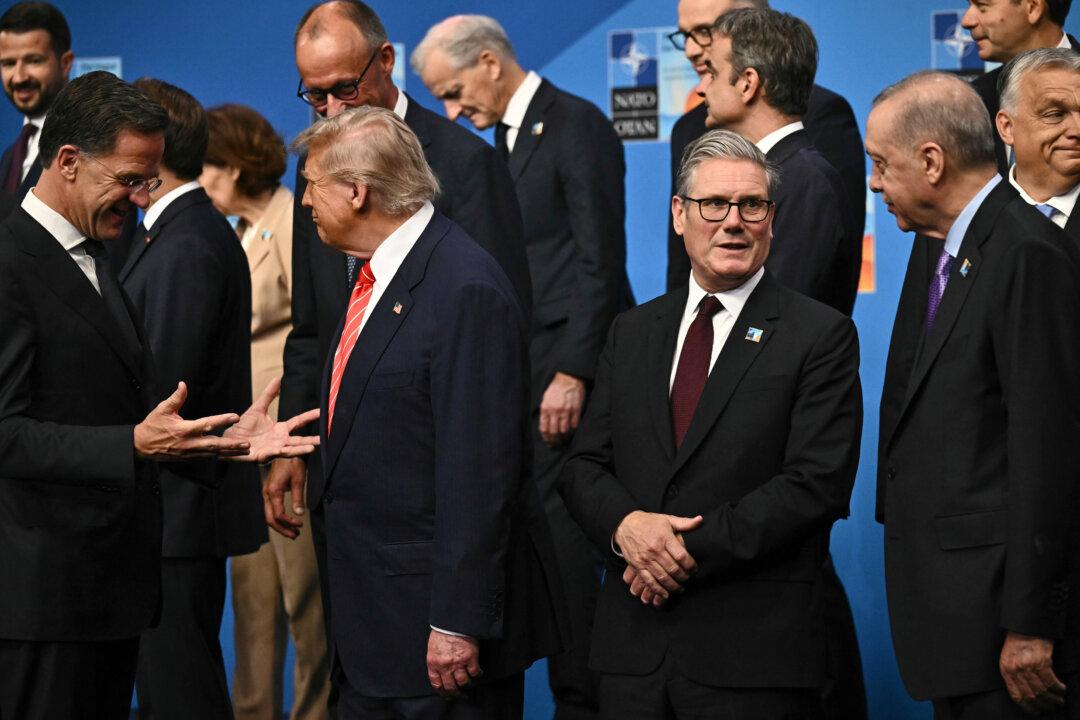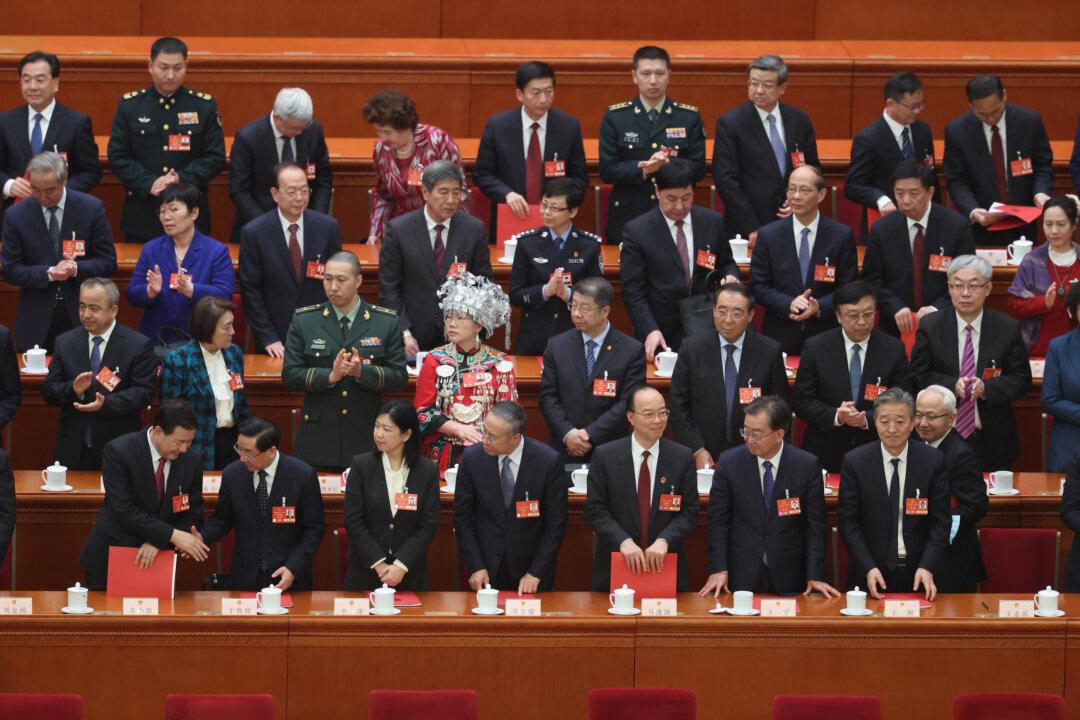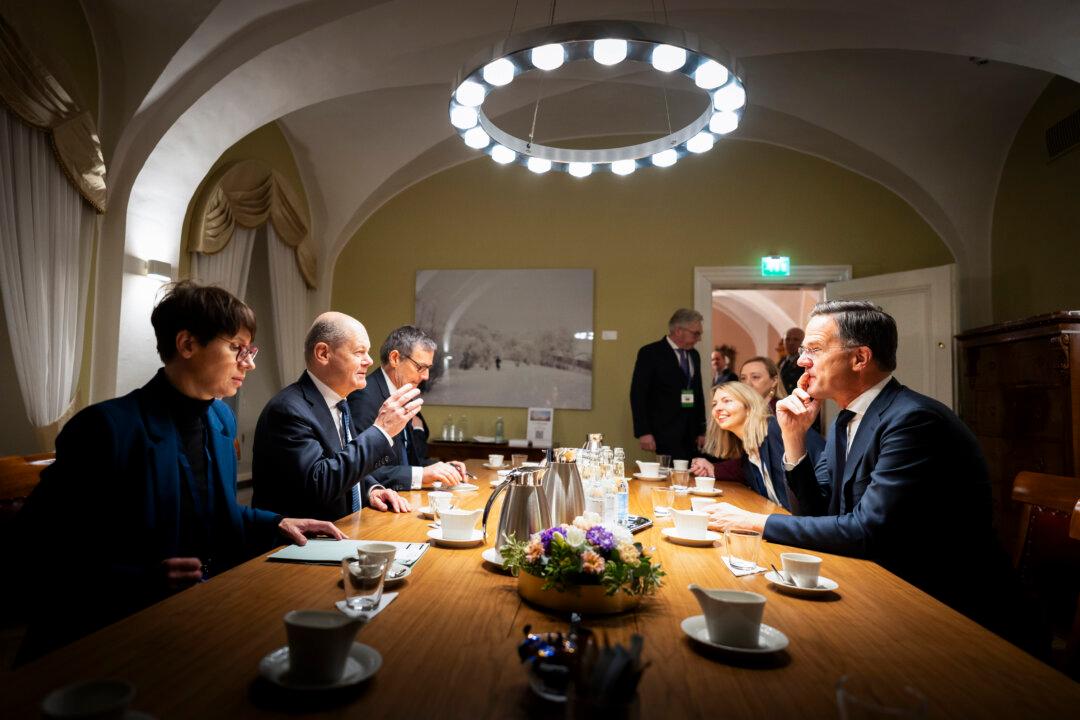Commentary
In early June, Chinese leader Xi Jinping created a sensation when he urged officials to create a more “lovable” (可愛的) China. As reported by state news agency Xinhua, the country must “make friends extensively, unite the majority, and continuously expand its circle of friends with those who understand and are friendly to China.” Since Chinese diplomacy in recent years has been decidedly undiplomatic, foreign media speculated that this heralded a change in policy. Could this mean the end of “wolf warrior” diplomacy?





